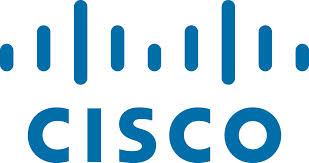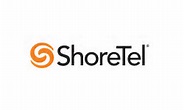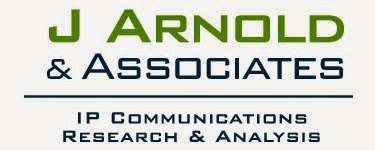Being a public company, Tekelec does other things with the investment analyst community, and I'm sure for them, this is a more enjoyable meeting of the minds than talking about EPS and return on capital. Every analyst covers vendors in their own way, but I think I was the only analyst in the room who blogs, so this may be the first update you're seeing on our day.
I'm not an expert on signaling, which is their forte, but I've followed Tekelec for several years, and can say this is a great example of where sticking to your focus really pays off. CEO Frank Plastina set the tone by first saying one of their challenges was being better understood as a company. Of course, that's one reason for doing these analyst events, and I definitely came away with a clear idea of their focus.
The engineers in the room had lots to talk about, but I'm in the minority here, and didn't have much to say. Signaling gets pretty technical, and I'll just say that Tekelec is very good at a lot of the heavy lifting that goes on in carrier networks to make sure your calls go through without missing a beat. However, on a business level, there's a pretty clear story here, and it's a good one that I'm happy to talk about.
Tekelec is one of those rare companies that's a market leader among much bigger competitors, and that says a lot about what they're doing right. They hold a 39% market share for global SS7 STP shipments and have over 300 customers in 68 countries. This includes 6 of the 10 largest wireline carriers, and 8 of the 10 largest wireless carriers. For wireless, they're actually hitting 100% of the available market within the top 10. The two they don't serve ' China Telecom and DoCoMo ' have proprietary networks and are closed to outsiders.
This global footprint gives them valuable insight into all the nuances of carrier networks, which is a key element to their success. As Frank says, this gives them a 'seat at the table' for major carriers looking to better understand and manage their traffic. They've seen all the scenarios, and know how to work across all the variants as carriers switch between circuit and IP traffic, as well as within all flavors of signalling protocols like SIP.
Tekelec is hardly alone in terms of having a global perspective on carrier networks, but you have to admire their operating success, and this is where they stand out from the crowd. Lots of impressive performance metrics to consider, and they all paint a picture of a stable company that's profitable, growing, and debt free. Tekelec's stock may be down a few dollars, but there was a great slide showing how this performance compares to their peers, and it's head and shoulders ahead of the meltdowns most other vendors are seeing in the market.
After seeing all the various presentations, I came away with a few conclusions:
First, the market for what Tekelec does isn't going away any time soon. As Frank explained, traffic volumes are growing faster than revenues, and carriers need to keep spending money to upgrade their networks. This is a core business issue for carriers as networks seem to be in a permanent state of transition. Tekelec helps make networks run more efficiently, and their routing algorithms seem to be their secret sauce. They know their business, and there's plenty of evidence on display around here for all their patents and intellectual property.
This is a classic engineering-driven company, and I say that in a good way. Tekelec invests 20% of operating revenue in R&D, which is well above industry norms. The payoff comes in the form of high gross margins which do not appear to be suffering in today's difficult market. When R&D translates into profits, it truly becomes a form of competitive advantage, and in this case it looks to be sustainable.
Tekelec has maintained a clear focus around which this competitive advantage can be based. They have exited non-core businesses like switching (sold to Genband) and do not appear interested in going in new directions. You might say this is a bit boring, but if it's not broken, don't fix it. I'm a big fan of this strategy, and so long as they have to hold their own against bigger competitors, it's the best way survive ' and thrive.
By extension, this focus has translated into a strong balance sheet and money in the bank - $300 million, plus a $50 million revolving line ready and waiting. They explained that Tekelec has been looking for acquisitions for over a year, but are being very selective. In this market, they're in a great position to further consolidate their space, and I'm sure they're closely following some choice targets. Startups aren't thinking IPO right now, and for companies like Tekelec, it's a buyer's market. Lucky them.
All told, I came away with a greater appreciation for what Tekelec does, and I'd be hard pressed to think of another public company in our space of comparable size in this good a shape and with such promising growth prospects.

Frank Plastina's opening session

Wolrad Claudy, SVP Global Sales


I can get used to this. Very nice hospitality - thanks Tekelec.

Technorati tags: Tekelec, Jon Arnold











No comments:
Post a Comment